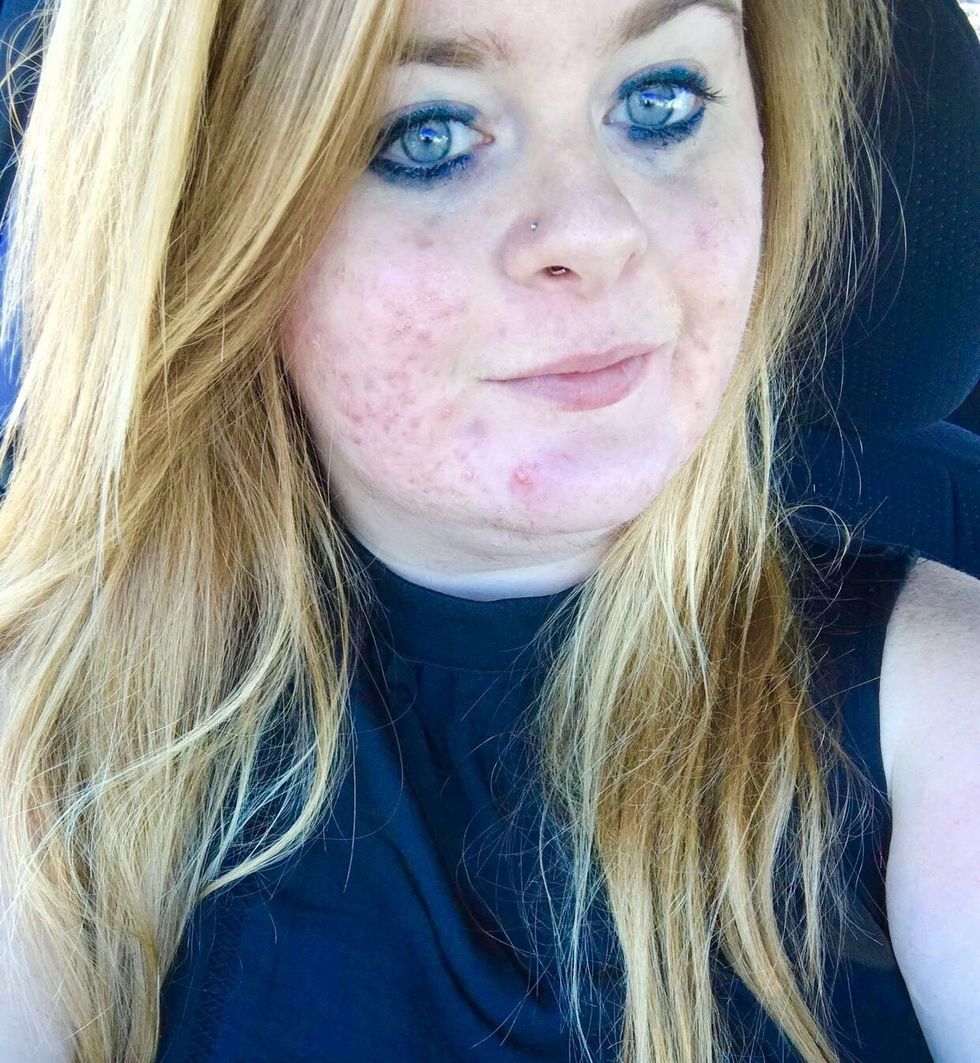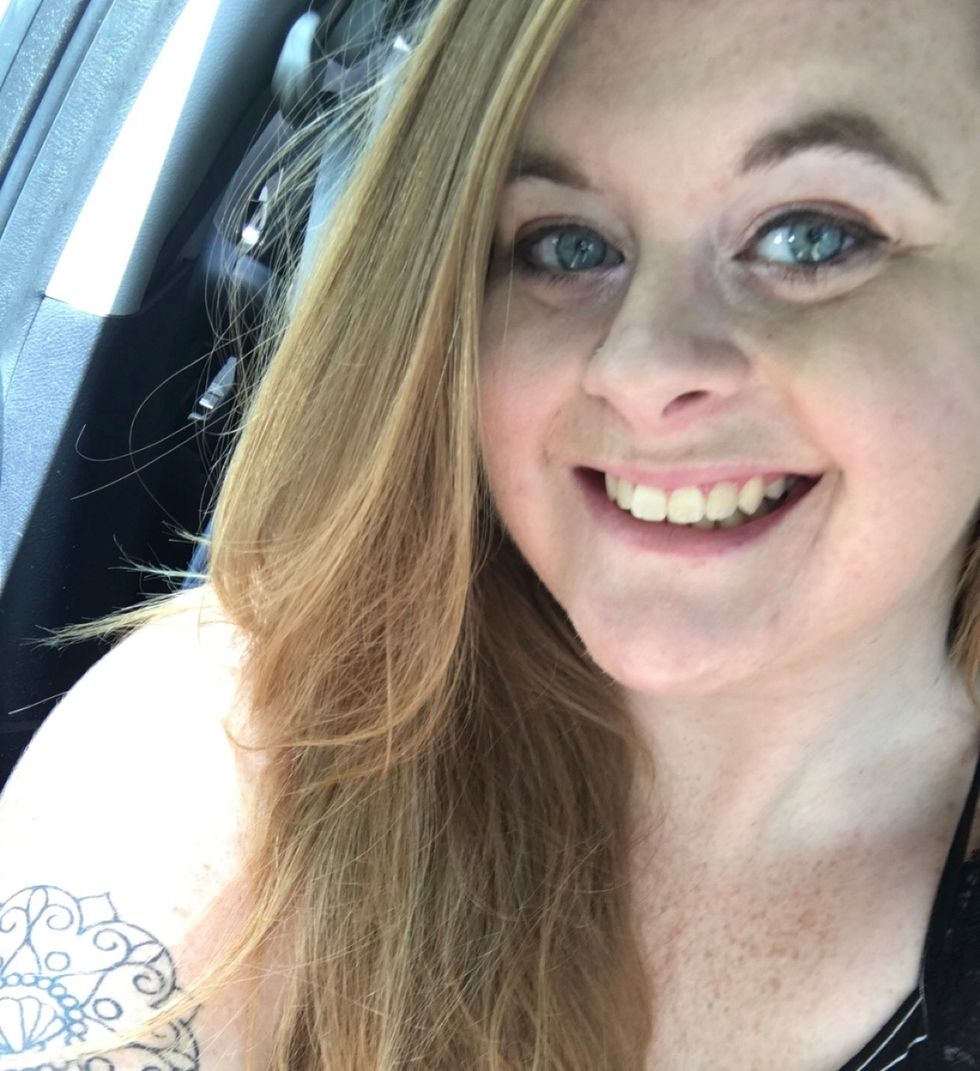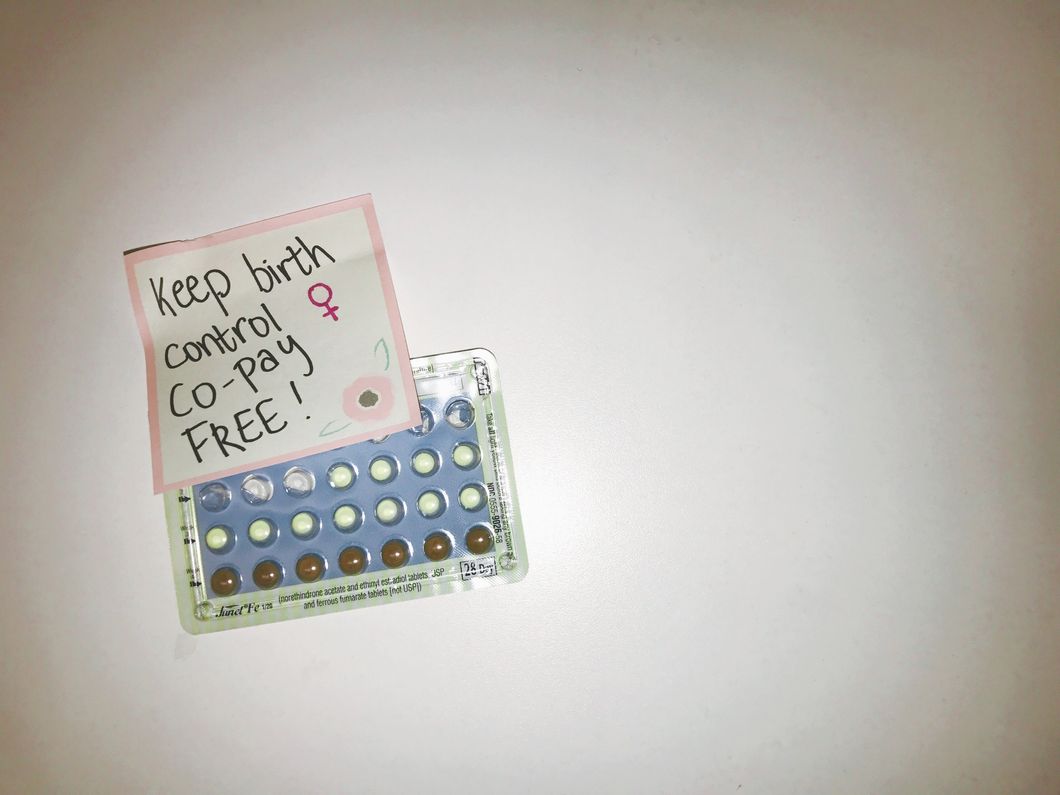Birth control seems to be a hot button issue. There has been a push to increase prices on contraceptives or to make it more difficult to obtain. Some companies have even barred their employees from being able to use their company-provided health coverage to purchase it. In the 2014 court ruling of Burwell v. Hobby Lobby Stores, Inc, it was ruled that certain types of for-profit companies did not have to cover the cost of contraceptives if it violated their beliefs. I understand that for some people, using birth control goes against nature or religion. It's a topic that is often tied in with that of abortion and other reproductive issues. But I don't necessarily agree that a company should dictate what kind of health services their employees have access to.
Birth control coverage can also vary widely among different states or insurance providers. I feel lucky that I have access to it and that it's not a super difficult process for me to obtain it. To renew my prescription, my doctor just requires a pregnancy test. But I know that for many, it's not that easy and I am also lucky to have health coverage right now. For about a year, I did not have health insurance and I could not afford to purchase birth control. I went without it for a while, and I saw a lot of changes in my health and body that made me realize what impact birth control has on me.
Birth control is so much more than just for pregnancy prevention.
For me, the fact that the pill lessens the chance I could get pregnant is just an added perk. I started taking birth control at the age of 16 and it is an important aspect of my reproductive health. I didn't get my first period until I was almost 15 years old. After starting, I only had it four times in one year. My mother was pretty worried, so she took me to her OB/GYN. Because there is a history of ovarian cysts and cancer in my family, the doctor was concerned and prescribed me "the pill." According to the American Cancer Society, "using oral contraceptives is one way that high-risk women (women with BRCA1 and BRCA2 mutations) can reduce their risk of developing ovarian cancer."
Being on birth control became part of my normal routine and I didn't think anything of it.
With the pill, I had regular periods and lesser symptoms of PMS. It was great.
I stayed on birth control until after I graduated from my undergrad program. My dad immediately removed me from his health insurance coverage stating that I would now be able to get it on my own through a job. But I didn't start teaching until 8 months after I graduated, so I went without the pill for a while. I didn't get my period every month and honestly, that didn't bother me even though I knew it was probably unhealthy. Once I started my first teaching position, I was back on the pill for a few months and then lost access to health insurance again. And then the serious problems started.
In April 2016, I got my period one afternoon at work after months of not having it. It was heavy and extremely painful, but I figured it was because it had been so long. The cramps were so physically debilitating that I couldn't sit without crying and I was going through super tampons every 30 minutes. That weekend, I went on a road trip to the mountains with my friends. I sat in the back of the car crying because of the intensity of the pain and spent a lot of time in the hotel bathroom. I passed an enormous blood clot the size of a golf ball so I then knew something was wrong, but without health insurance, there was nothing I could do.
Without birth control, my periods were incredibly erratic. I would go months without having it and then I would have it for a month straight. It was awful. There were other changes that I didn't realize were due to it, such as having awful hormonal acne.

When I finally got back on health insurance last summer, my first course of action was going to the doctor and getting back on my prescription. My doctor is currently testing me for polycystic ovarian syndrome, which is a reproductive hormone imbalance. The pill is a way for me to manage some of the symptoms that I experience from PCOS and also prevent pregnancy. Being back on birth control has helped clear up my acne almost immediately and now I get compliments on my clear skin.

For many, birth control is a way to prevent unintended or unwanted pregnancies. But birth control is also a way for women to manage health conditions and keep their reproductive systems healthy. Having access to birth control is incredibly vital and important. If it's not for you, don't take it. But don't try to take it away from me.



 StableDiffusion
StableDiffusion StableDiffusion
StableDiffusion 10. Extra BlanketsJuwenin Home 100% Cotton Knitted Throw Blanket
10. Extra BlanketsJuwenin Home 100% Cotton Knitted Throw Blanket StableDiffusion
StableDiffusion StableDiffusion
StableDiffusion File:Kishlaru familie.jpg - Wikimedia Commons
File:Kishlaru familie.jpg - Wikimedia Commons Photo by Hanna Balan on Unsplash
Photo by Hanna Balan on Unsplash StableDiffusion
StableDiffusion black blue and yellow round illustrationPhoto by
black blue and yellow round illustrationPhoto by 

 woman holding glass jar
Photo by
woman holding glass jar
Photo by 


 Today I am
Today I am  Go to the gym
StableDiffusion
Go to the gym
StableDiffusion
 Listen to more music
Photo by
Listen to more music
Photo by  Have more patience
StableDiffusion
Have more patience
StableDiffusion









